I recall in the past being in disagreement with your assertions many times, and felt your belief that war was war was too simple, but you are slowly winning me over. I think the issue in OIF and OEF-A was due to a lack of education and training. I also think IW is a forcing mechanism to correct that gap in education and training, but there is a danger if we try to separate from the concept of war as something different we'll end up training and teaching the wrong things to our future force."IW is a grossly simplified way of explaining that some forms of conflict fall out side regular armies comfort zone, because of a lack of education and training."
However, that said I want to vote no on your proposed definition, because I really want that bottle of scotch.


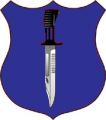



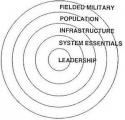



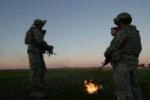

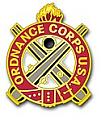


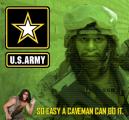

Bookmarks